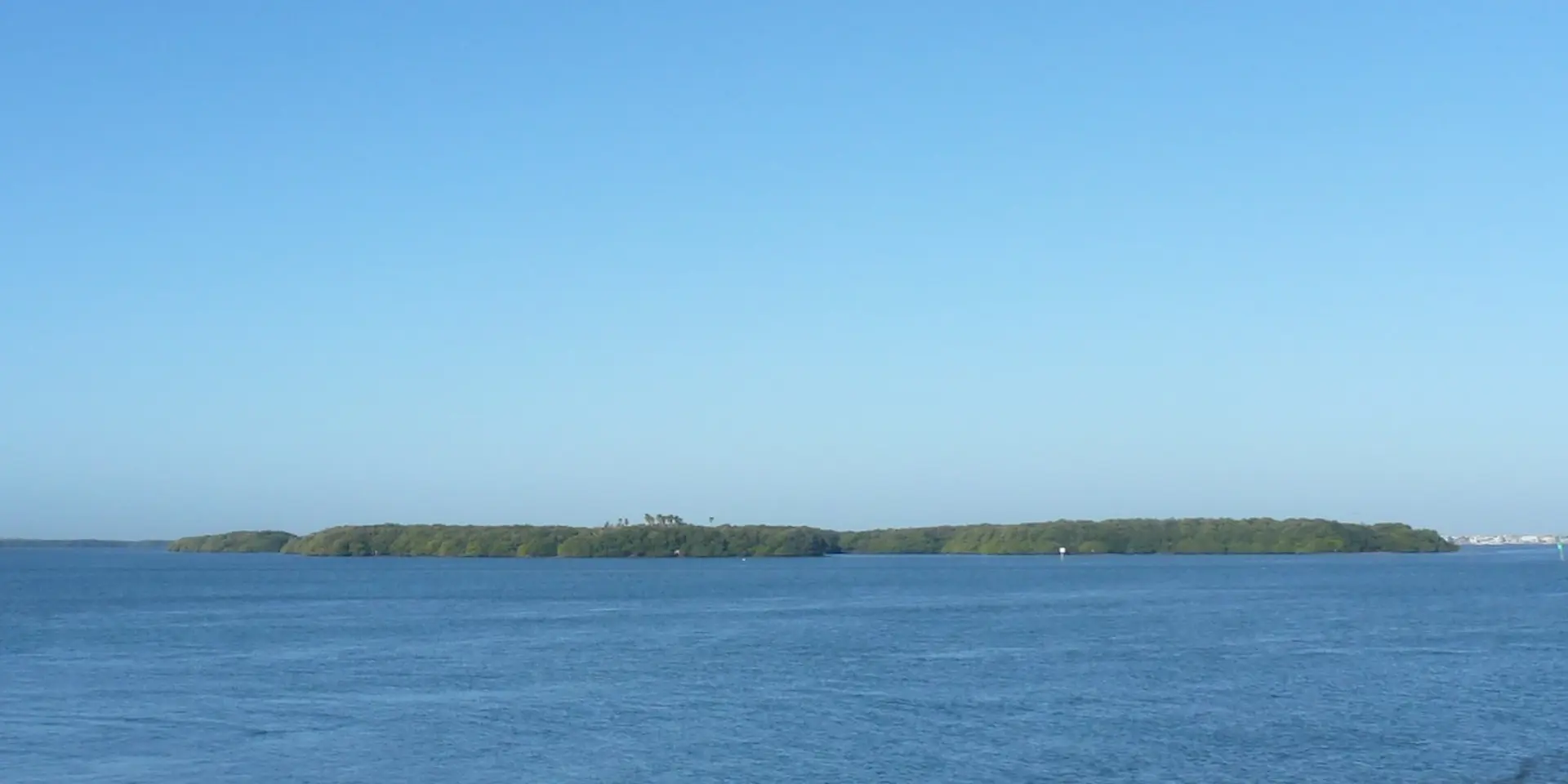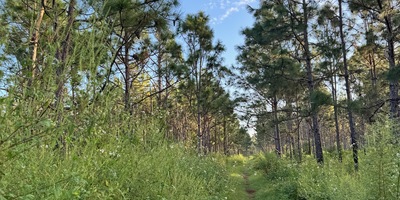




Pinellas National Wildlife Refuge stands as a critical wildlife sanctuary in the heart of Tampa Bay, providing essential habitat for numerous bird species and marine life. This protected archipelago serves as one of the last remaining natural areas in heavily developed Pinellas County, offering a glimpse of Florida's pristine coastal ecosystem. Though closed to public access to protect sensitive wildlife populations, the refuge plays a vital role in preserving the region's natural heritage and supporting diverse wildlife communities.
Pinellas National Wildlife Refuge comprises a series of pristine mangrove islands that rise from the waters of Tampa Bay like emerald jewels. These protected islands serve as essential breeding grounds for brown pelicans, herons, and egrets, while their shallow waters support a diverse array of marine life. Though closed to public access to protect sensitive wildlife, the islands create a stunning backdrop visible from surrounding waters, where thousands of birds can be observed soaring, nesting, and feeding among the mangroves. The refuge's location amid one of Florida's most developed counties makes it an invaluable sanctuary for wildlife seeking refuge from urban pressures.
Pinellas National Wildlife Refuge was established in 1951 to protect the last remaining undeveloped coastal areas in highly urbanized Pinellas County. The refuge consists of several small islands in the mouth of Tampa Bay, including Indian Key and Tarpon Key. These islands once served as traditional nesting grounds for thousands of colonial waterbirds before coastal development transformed much of Florida's natural shoreline. The refuge's creation marked a crucial moment in local conservation efforts, preserving these vital wildlife sanctuaries amid the rapid urbanization of the Tampa Bay area.

https://ebird.org/region/L2573747

https://en.wikipedia.org/wiki/Pinellas_National_Wildlife_Refuge

https://ocean.floridamarine.org/boating_guides/tampa_bay/pages/nwr.html

https://tampabayrefuges.org/
Last Updated 4 months ago
Park and Trail conditions and information may change due to weather, seasons, and other factors. Always check Offical Sources for the most up-to-date information before visiting.
Found missing or invalid information? Let us know!